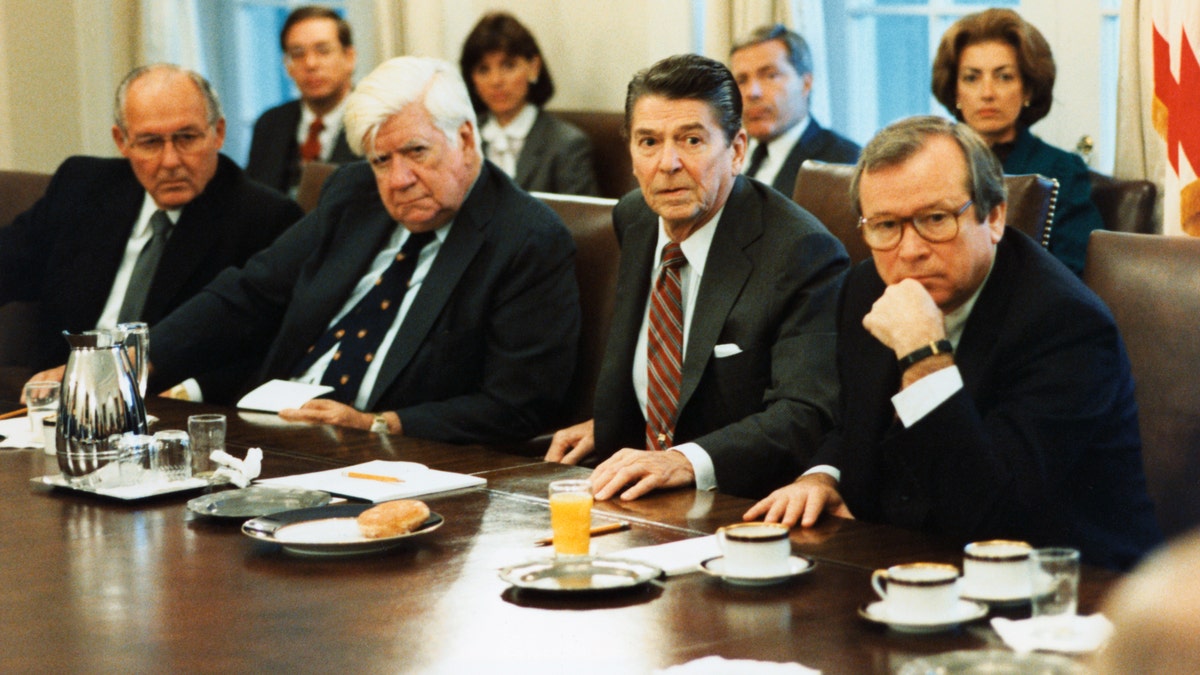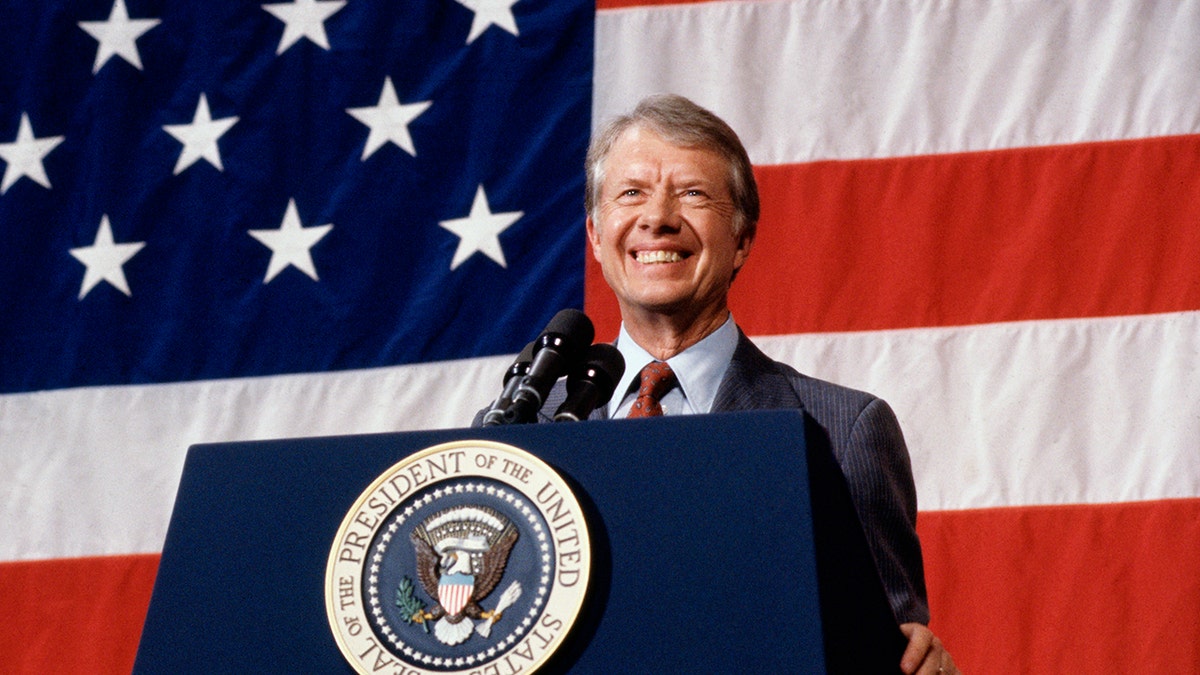The potential return of Donald Trump to the presidency has injected renewed hope into the complex situation surrounding hostages held in Gaza. Recent developments, including Hezbollah's separate ceasefire agreement and Qatar's renewed engagement in negotiations, suggest a shifting landscape. Trump's strong stance, promising "hell to pay" if the hostages aren't released by his inauguration, further complicates the matter. This raises the question: could the upcoming presidential transition create an opportunity for a breakthrough in the hostage crisis?
The 1980 Iran hostage crisis offers a historical parallel. President Carter's final year was dominated by the 444-day ordeal, which significantly impacted his re-election campaign. His failed rescue attempt and the ongoing crisis became symbolic of his administration's perceived weaknesses. This resonates with the current situation, where the hostages' plight and the handling of the crisis could influence public opinion.
Reagan's campaign strategy in 1980 was cautious, aiming to avoid actions that might hinder hostage negotiations. However, he simultaneously conveyed a message of strength and resolve, promising to restore America's global standing. This duality – expressing concern for the hostages while projecting strength – mirrors the current political climate. Trump's forceful rhetoric, combined with his engagement with hostage families, signals a similar approach.

The Iran hostage crisis ultimately played a significant role in Carter's defeat. The transition to the Reagan administration, however, seemed to invigorate the efforts to secure the hostages' release. The Iranians were uncertain about Reagan, and his strong rhetoric, combined with concerns about his perceived hawkishness, may have influenced their decision to release the hostages shortly after his inauguration.

Currently, there's little indication that the Biden administration is exerting similar pressure on Hamas. However, Trump's assertive pronouncements and direct engagement with hostage families suggest a different approach. Hamas's recent provision of a list of hostages for a potential deal, including American citizens, could be a sign of Trump's influence. The anticipation of his potential return to office, coupled with his stated intentions to utilize all available resources to secure the hostages' release, might be a driving force behind this shift.
While it remains to be seen whether these developments will lead to a swift resolution, the parallels with the 1980 crisis are striking. The potential for a change in presidential administrations, coupled with a more assertive stance towards hostage-takers, could create the necessary conditions for a breakthrough. The coming weeks will be crucial in determining whether history will repeat itself.
Comments(0)
Top Comments